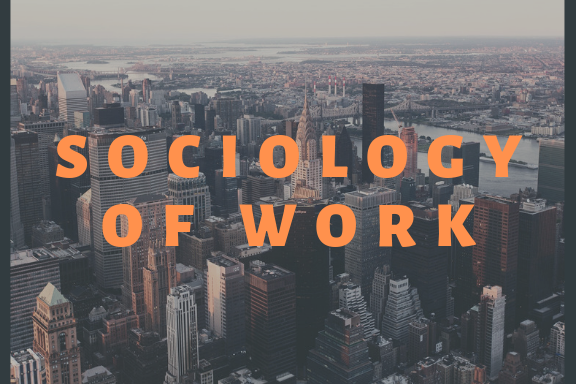Work is a fundamental part of everyday life. Work not only ensures our collective survival, but also helps us define who we are as individuals and societies. Understanding the organization and effects of work is central to the study of sociology, from foundational theories to contemporary examinations of labor market transformation, social inequality, and social change. While not exhaustive, this course will introduce students to central debates in the sociology of work, including those that address alienation and deskilling, precarity and polarization, culture and change, the production and reduction of social inequality, and unemployment and technology. We will ask: What counts as work? What are the effects of work under capitalism? And how work has changed over time?
Throughout the course, we will read classic and more recent ethnographic studies to understand how work has been theorized, to consider how these theories have been applied in social science research, and to evaluate their strengths and weaknesses. The course is intended for graduate students and assumes a graduate-level understanding of sociological theory and methods.
- Fall 2019: Syllabus

